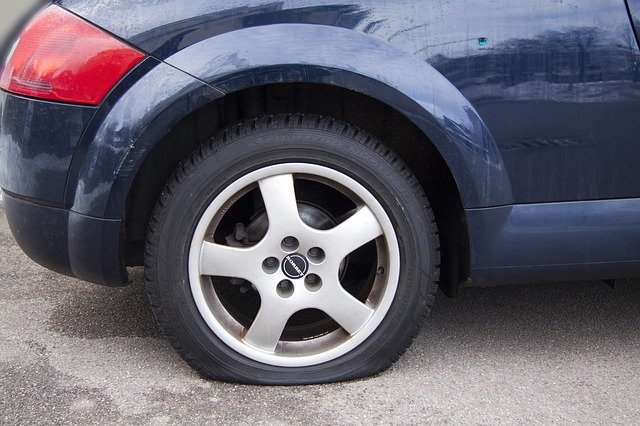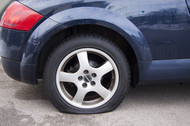5 Practical Tips to Prevent a Flat Tire
16th Sep 2020

Prevent a Flat Tire
It’s frustrating when you’re commuting to work, only to experience a flat tire. Nearly all vehicles use air-inflated tires. When a tire is punctured or otherwise leaks air, it will become flat. Research shows that 220 million drivers in the United States experience a flat tire in any given year. Fortunately, you can often prevent a flat tire by following a few practical tips.
#1) Beware of Potholes
Driving over a pothole can easily cause a flat tire. Potholes are large and deep depressions in the road where the pavement has collapsed. When you drive over a pothole, one or more of your tires may puncture. Potholes often have sharp sides that can pierce through tires. If you see a pothole, dry around it while staying within your lane.
#2) Don’t Overinflate
While you should keep your tires inflated, you shouldn’t overinflate them. Overinflated tires are more likely to experience a blowout than properly inflated tires. Air, of course, translates into pressure. The more air a tire has, the greater the pressure against its interior surface. If a tire is overinflated, the excess pressure may cause it to burst. Therefore, you should follow the manufacturer’s pounds per square inch (PSI) recommendations when filling your tires with air.
#3) Check the Tread
Another tip to prevent a flat tire is to check the tread. Tires have ridges, known as tread, that allows them to create traction with the road. At the same time, tread minimizes the risk of punctures and blowouts by creating a barrier between the tire’s outer wall and the road. If a tire has little or no tread, driving on it may result in a flat tire.
#4) Cover Valves With Stem Caps
To lower the risk of a flat tire, cover the valves of your tires with stem caps. Stem caps are small plastic pieces that are screwed onto the top of valves. Without a stem cap, dirt or debris from the road may enter the tire’s valve where it causes an air leak. As the air gradually leaks out, the tire will inevitably become flat.
#5) Pay Attention to Recalls
You should pay attention to tire recalls. Tires are often recalled when a defect is discovered. When ignored, these defects can cause or contribute to a flat tire while subsequently increasing the risk of a serious collision. You can search for tire recalls by visiting the National Highway Traffic Safety Administration’s (NHTSA’s) website .



